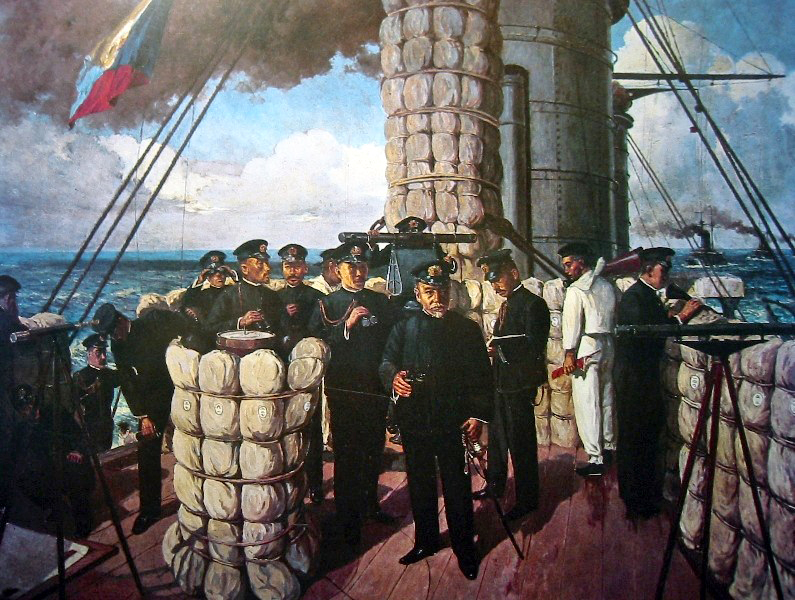
Joining extremist groups, writes Sharon Morris, is a form of social mobility for ambitious young adults stymied by unequal societies. One of countries deeply affected by extremism is Iraq, where Shiite militias fighting the Islamic State are wreaking havoc and feeding into Sunni marginalization. The Washington Post has an article aggregating various visual attempts to portray the complex webs of alliances across the Middle East. Finally, Mike Giglio has an investigative article on how ISIS manages to smuggle oil across the Syria-Turkey border, which Ariel Ahram and Gabriel Mitchell wrote about on PVG a few weeks ago.
South Sudan’s government has failed to govern, and failed its people; James Copnall on the country’s dismal future.
The challenges presented by language and messaging for activists in authoritarian states. Brazil is not an authoritarian state, but in Goiânia, Brazil, there’s strong evidence to suggest police are murdering the homeless at an alarming rate.
Greg Weeks outlines a new paper on the US’ inertial drug policy in Latin America.
How violence provides a currency and reinforces social norms in American prisons. Relatedly, Heather Ann Thompson argues mass incarceration creates the conditions for high levels of inner-city violence.
Sten Hagberg is optimistic about the future of Burkina Faso despite the ongoing power struggle. Ken Opalo feels similarly.
In New York Magazine, Frank Rich looks back at newspapers from 1964 to highlight how we mis-remember history.







